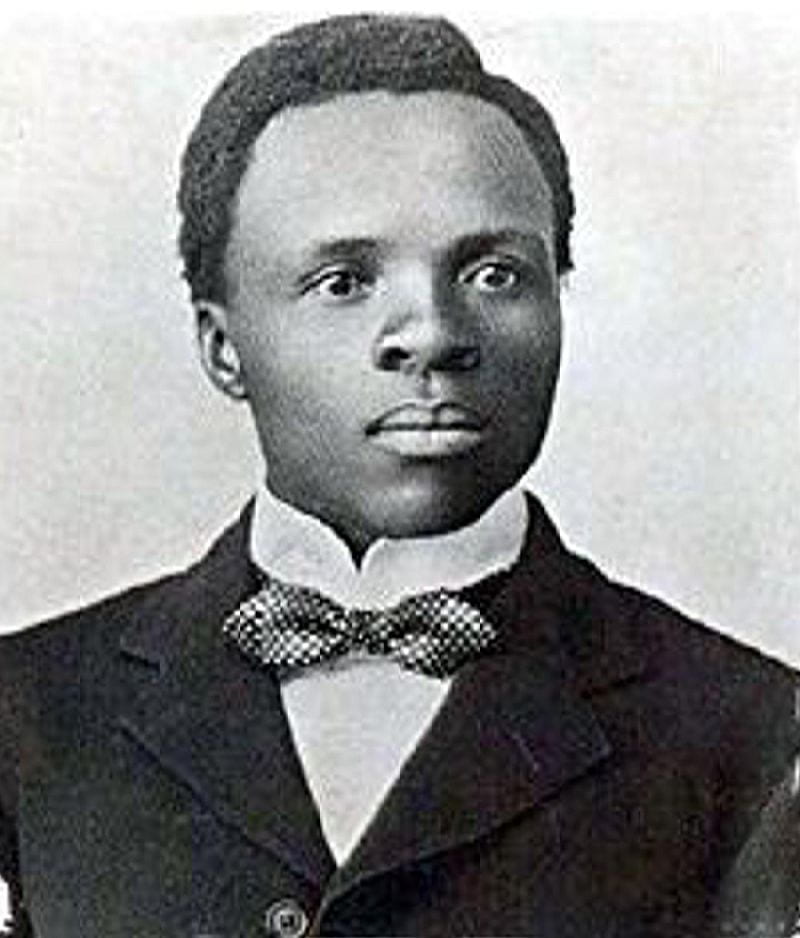Alternative Histories of Education and International Development #006 – Solaiman & Corbishley
By utnvmab, on 26 April 2021
Critical Thinking and Safe Spaces: A Dialogue
by: Haya Solaiman and Rachael Corbishley
During the first session of the CEID Alternative Histories of Education and International Development Discussion Café, we shared some thoughts and reflections around ‘decolonising education.’ When it was suggested afterward that we write a blog to share some of these thoughts we had such mixed feelings.
On one hand, “I’m white, I grew up in the UK, only speak English, and am increasingly aware of my privilege. I’m not sure I felt comfortable writing about decolonising the curriculum as a white student. I am still not sure whether I feel comfortable about this” (Rachael).
On the other hand, “I come from Syria, a country in conflict, yet I consider myself ‘privileged’ as I can continue my education, and even pursue my studies abroad when many of my compatriots are enduring hardships back home and in the diaspora as refugees. However, when asked about decolonising education I also felt uncomfortable as the idea of censorship haunts me whenever I want to express my thoughts” (Haya).
Our contrasting backgrounds made our perspectives on decolonising education rather different. However, we both felt the need for space where we can share our critical thoughts freely and safely. Previously, our peers, Shola and Albina, talked about “creating a safe space”. They reflect that the safe space of the Discussion Café was enabled through “placing everyone at the same level … where everyone’s voices can be heard…” Here we decided to share some of our dialogue; some of our reflections, positionalities, and definitions of safe spaces in academic settings. The following text captures our conversation. We hope that these reflections will enable us to contribute to a wider discussion on safe spaces in academic settings and the hierarchies of knowledge production.
Reflecting on our own backgrounds and positions on safe spaces:
 Close
Close




